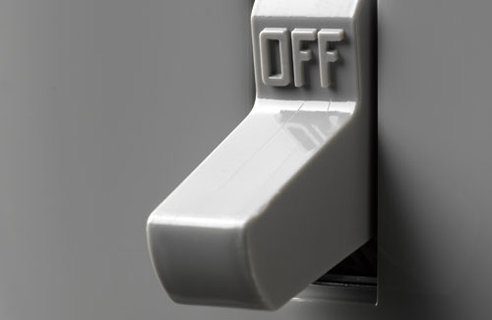Last month we celebrated the long-overdue arrival on the Victorian retail electricity market of a smart home energy product, with the launch of Origin Energy’s ‘Smart’ technology platform. Now, households in New South Wales’ Sydney and Hunter region can get in on the action – well, sort of. Baby steps – by volunteering for a series of energy retail trials with NSW utility EnergyAustralia.
The trials are part of the federal government’s Smart Grid, Smart City Project – a three-year, $100 million initiative, spread across five sites in Newcastle, Sydney and the Upper Hunter – which will be used to test new, and presumably smarter, energy technologies, to help households better control their energy usage and costs, and to reduce peak demand on the grid.
TRUenergy subsidiary EnergyAustralia today announced it had signed up as the project’s retail partner (Ausgrid is delivering the project), and has sent out the first round of invitations to 55,000 of its existing customers, asking them to register their interest in a series of product trials which will continue until September 2013.
The product trials on offer include:
– Air-conditioning cycling, which offers rebates of between $15 and $40 (a potential $240 in total) for customers who allow their air-conditioner’s compressor to be switched off for 30 minute intervals in peak times, up to six occasions from January to March. The air-conditioner’s fan will continue to operate;
– Dynamic pricing, which offers customers a low tariff for the majority of the year and the choice to be notified by SMS before a peak pricing period occurs so they can avoid high prices by turning off appliances. (The trial will simulate 14 peak events a year, lasting from one to four hours.);
– Seasonal time of use, which offers customers no peak rates in spring and autumn, but a peak rate in summer and winter as well as the usual shoulder and off-peak rates which could save smart energy users money.
The 8,000 households that the government hopes to have taking part in the trials will also have what EnergyAustralia describes as a “new generation smart meter” installed, to allow them to monitor their energy use, costs and help save on bills.
EnergyAustralia’s group executive manager of retail, Adrian Merrick, says one of the main aims of the trial is to learn and understand what consumers want and need to reduce their bills and take control of their energy use.
“As energy costs rise, it’s important we find new ways to support our customers and that’s what these trials are all about,” Merrick said. “We want to see if these innovative offers help people better understand their energy consumption, save on their electricity bills and at the same time letting us know if the products are what our customers want in the future.”
And he’s spot on. Utilities these days should be thinking very carefully about what their customers want and need – not only to help reduce customer churn rate, as households hop from one retailer to another seeking better deals, but also to stop consumers from deserting the grid altogether, as cheaper, greener and more predictable alternative energy delivery options (not to mention cooling and heating options) become more widely available.
EnergyAustralia will be holding information seminars about the Smart Grid, Smart City trials on Thursday and Friday this week. See here for times and locations.








